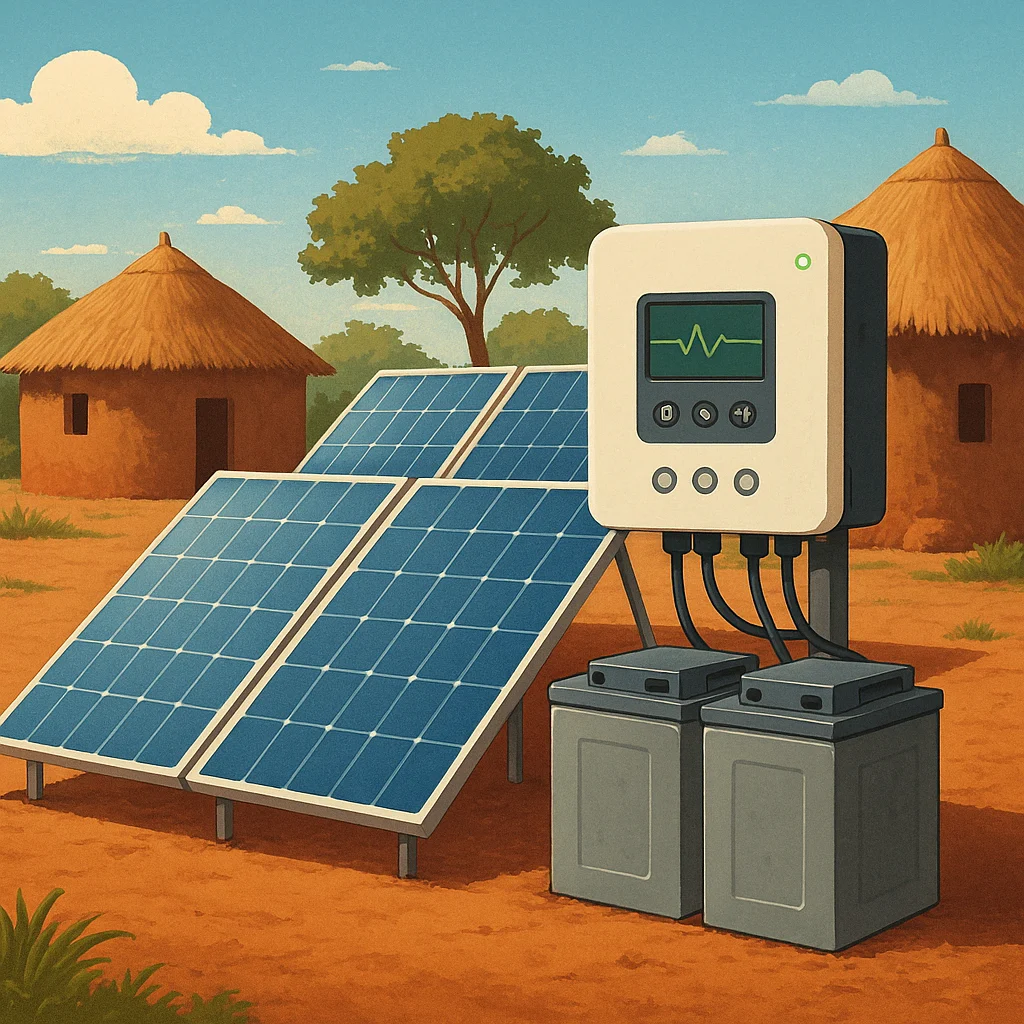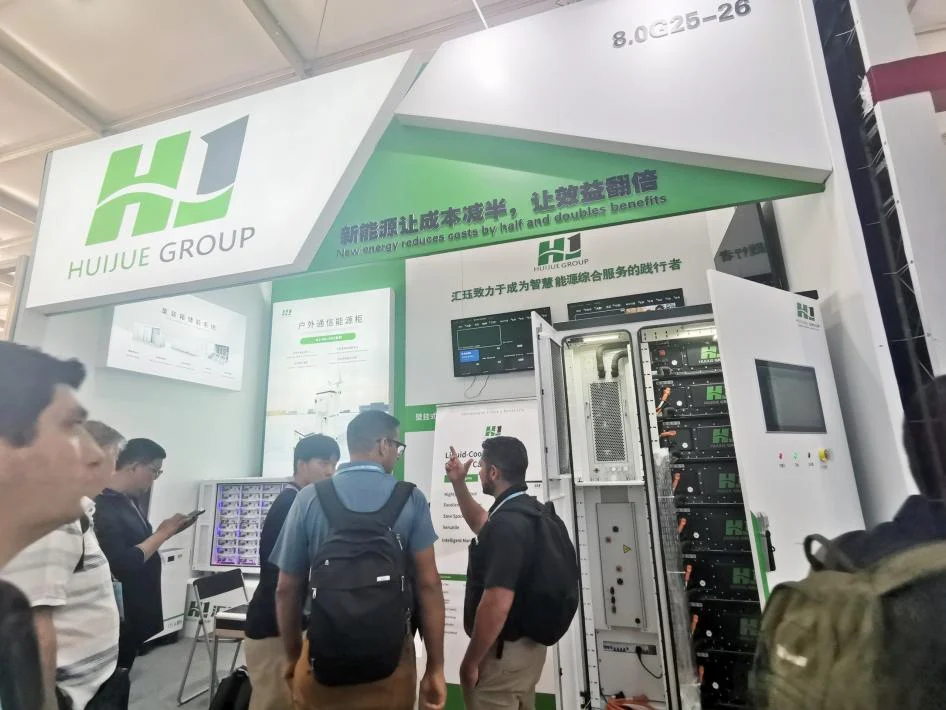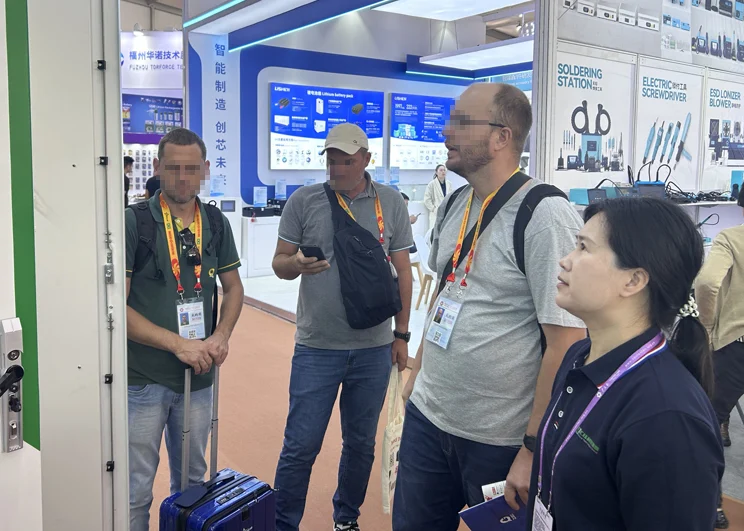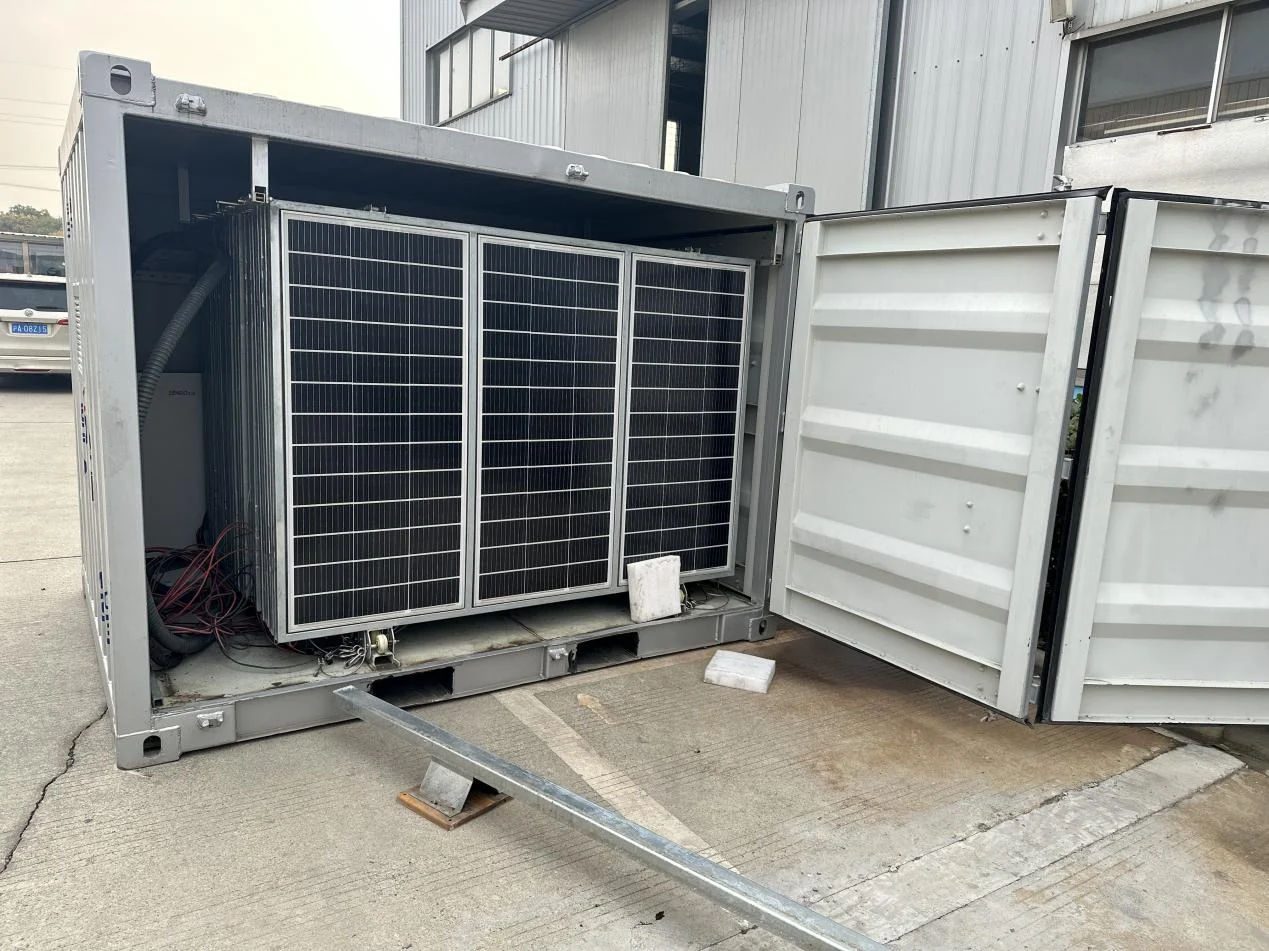How Smart Inverters Are Transforming Ghana’s Solar Power Sector
2025-04-15
While Ghana's renewable energy market continues to grow, the application of Smart Inverters has been discovered to be revolutionary. As the nation improves solar power efficiency as well as grid stability, smart inverter-based technologies are more in demand than ever. The new technologies, with high-efficiency solar panels, efficient lithium batteries, and smart inverters, spearhead the revolution. In this article, we discuss how Ghana's Smart Inverter Case Studies and actual Smart Inverter usage sample examples are revolutionizing the use of solar power. We also discuss the Smart Inverter Safety function and how such technologies will result in the creation of a brighter, cleaner future for Ghana.

The Role of Smart Inverters in Ghana's Renewable Energy Revolution
Smart inverters are those that have the capability of maximizing the utilization of converting sun power direct current (DC) into alternating current (AC) for use in the grid. One of their best features is grid support, monitoring in real-time, and most importantly, optimal energy distribution, all of which are highly imperative in the optimization of renewable energy generation. Smart inverters are the game changers in Ghana's new solar installations since they have the capability of fully interacting with solar panels and battery storage systems.
- Smart Inverter use in residential and industrialinstallations guarantees each watt of solar energy is harnessed to the maximum.
- Country-specific case studies—Ghana Smart Inverter Case Studies—show how these technologies provide power reliability.
- Smart Inverter Safetyfocus through improved monitoring prevents system failure and encourages consumer confidence.
With the application of smart inverters, Ghana is creating a new standard for renewable energy integration and helping to decouple overall from the fossil fuel chain.
Ghana's Smart Inverter Case Studies: Success Stories in Action
Several projects in Ghana now demonstrate the real value of smart inverter technology:
- Urban Solar Farms:In cities, smart inverters in massive solar farms regulate erratic energy loads such that power continues to feed the grid uninterrupted.
- Remote Area Deployments:In remote rural towns, Smart Inverter deployment has made off-grid solar systems provide consistent power, lowering the reliance on diesel generators.
- Microgrid Innovations: Smart Inverter Case Studies of Recent Ghana Casestudies of recent Ghana show how microgrid initiatives with smart inverters improved the power quality even for intermittent solar power generation.
These charts not only indicate the technical excellence of smart inverters but also their ability to propel eco-friendly and economical energy options in several environments in Ghana.
Enhancing Smart Inverter Safety for Better Energy Management
Safety is of the highest value during the connection time of renewable energy systems. Ghana's smart inverters are equipped with cutting-edge safety features:
- Overload Protection:Smart inverters automatically regulate output to stay clear of overloads and system loss.
- Fault Detection: Real-time fault detection and alarm systems provide instant response to any deviation, and Smart Inverter Safety is guaranteed.
- Thermal Regulation: Smart inverters are equipped with advanced cooling technology to provide optimum operating temperatures, shunning overheating risks.
- Compliance and Certification: The majority of Ghana's smart inverters meet international safety standards, providing safe and efficient performance in residential and industrial use.
Ensuring Smart Inverter Safety improves installation strength and durability, and improves solar power harvesting efficiency.
Applications and Market Impact in Ghana
Smart Inverters are applied widely in all sectors of Ghana's economy, revolutionizing the energy infrastructure of the country to a large extent:
Home and Commercial Use
- Improved Efficiency:Smart inverters maximize the utilization of energy, lowering residential and commercial electricity costs.
- Smooth Integration:They allow smooth integration with any other renewable technology, e.g., battery storage, as a hybrid energy solution.
Off-Grid and Microgrid Systems
- Rural Electrification: Smart inverters are the backbone of off-grid systems, providing a clean power supply to rural villages with no grid power supply.
- Emergency Power Supply:In a power outage, smart inverter systems can offer power immediately from internal energy stores with no interference in the supply of power.
Economic and Environmental Impact
- Cost Reduction:Smart inverters are economical both in operation and maintenance because solar power systems achieve better performance.
- Less Carbon Footprint:Increased system performance reduces the amount of greenhouse gas emissions, which will help Ghana attain its green vision.
The above necessitates the pioneering work of smart inverters and necessitates their contribution to market expansion and overall improvement of energy security in Ghana.
Market Challenges Overcome by Utilization of Smart Inverters
While there are benefits, there are challenges that need to be overcome for optimal use of smart inverters in Ghana:
- Initial Investment:Investing in the latest inverter technology as an initial investment is expensive. But its system benefits and long-term efficiency are worth it.
- Technical Integration: Integrating smart inverters into the current grid infrastructure needs experience and continuous innovation.
- Maintenance Complexity: Maintenance and inspection at regular intervals are needed to keep all hardware, including smart inverters, in optimal condition.
- Market Penetration: Mass adoption is underway with the pledge toGhana's Smart Inverter Case Studies, and there is market inertia that has to be broken.
These challenges will be addressed with targeted policies, incentives, and capacity building and will be a consideration in realizing the full potential of smart invertors for Ghana's solar power sector.
Smart Inverter Integration in the Future
Smart inverters have a very promising future ahead as Ghana continues to increase its capacity for renewable energy:
- Current Technology Innovation:R&D on smart inverter technology continues to propel efficiency, safety, and integration potential.
- Government Support: Subsidies and policy support will propel the adoption rate of smart inverters, further boosting Smart Inverter usage.
- Greater Market Adoption: With greater market adoption of effective Ghana's Smart Inverter Case Studies, market demand and consumer confidence will be on the rise.
- Sustainable Development:Integration of smart inverters will be the key driver for lowering operating costs and carbon emissions, hence making the energy grid smarter and more sustainable.
The stronger these trends get, the more alive smart inverters will propel Ghana towards a sustainable energy future.
Best Practices in Smart Inverter Installation
To achieve maximum advantage from smart inverters in the renewable energy sector in Ghana, adhere to these best practices:
1. System Design and Tailoring
- Customized Solutions:Inverter systems to be designed specifically in line with the unique energy profiles of the various installations, residential, commercial, or off-grid.
- Modular Architecture:Modular smart inverters with modular architecture to enable easy integration and incremental expansion.
2. Professional Installation and Maintenance
- Certified Experts: Install and integrate by certified experts to deliver optimum performance.
- Routine Maintenance:Utilize stringent maintenance routine, i.e., planned checks and preventive checks, for Safety and sustainability of Smart Inverter.
3. Utilize Smart Energy Management Systems
- Monitoring: Utilize recent energy management systems (EMS) for real-time monitoring of inverter operation.
- Data Analysis:Utilize data-aware intelligence to make optimal energy conversion and technical deviations at the opportune moment.
4. Policy and Funding Support
- Government Incentives:Apply Government subsidies and tax relief to cover next-generation inverter technology's extremely expensive up-front investment costs.
- Public-Private Partnerships:Leverage partnerships involving government agencies, private investment dollars, and innovation vendors to invest in market access and innovation.
All the above best practices once implemented will allow stakeholders to overcome existing constraints and achieve full potential of smart inverters for the renewable energy sector in Ghana.





